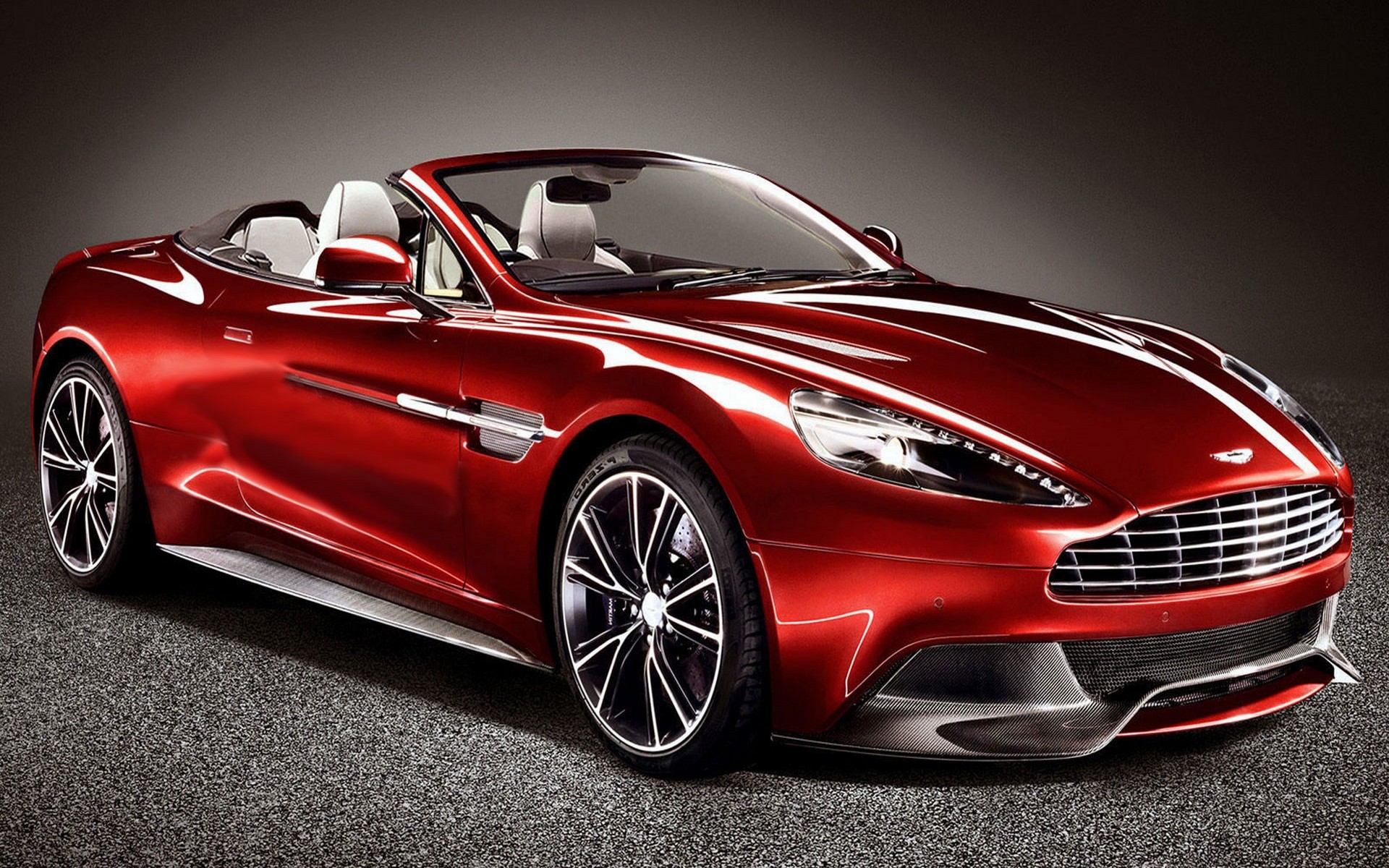Car enthusiasts globally eagerly look forward to the seasonal lineup of activities that celebrate the car culture and showcase incredible vehicles. From heritage car displays that transport us back in time to lively car festivals filled with modern marvels, these events are a haven for anyone who loves automobiles. No matter if you’re appreciating muscle cars, vintage beauties, or the most advanced electric vehicles at an EV auto show, there’s a little something for everyone.
As the months pass, so does the schedule of car events, each offering one-of-a-kind encounters and fellowship. Neighborhood automotive events unite neighbors together, while major car expos feature unique and stunning designs from around the globe. With a variety of styles, themes, and showcases, the world of car shows is a celebration of our appreciation for innovation, reminiscence, and the sheer joy of driving. Be a part of as we delve into the captivating world of car meets, classic vehicle shows, and much more, showcasing the iconic events that drive our love for cars.
Chronicle of Famous Car Shows
Car shows have a vibrant history that traces back to the early 20th century, when automotive innovations began to emerge. The initial significant event that reflected today's car shows was organized in Paris in 1898, known as the Paris Motor Show. This event set the stage for subsequent exhibitions, showcasing the emergence of the automobile as a cultural icon. As automobile manufacturing surged, the need for showcasing these machines led to more formalized events on both regional and international scales, attracting enthusiasts and manufacturers alike.
By the mid-20th century, car shows evolved into grand spectacles, merging the realms of art and engineering. Events such as the Pebble Beach Concours d’Elegance and the Chicago Auto Show became noteworthy venues where vintage cars and the latest models were presented. These assemblies not only offered a platform for introducing cutting-edge automotive technology but also celebrated the timeless cars that defined periods, thereby fostering a growing community of collectors and car aficionados who cherished the legacy of the automobile.
As car culture continued to grow, so did the variety of events. By the late 20th and early 21st centuries, many community car shows and festivals sprang up, catering to diverse interests from custom vehicles to classic displays. This expansion allowed for a more welcoming environment where every car enthusiast, whether they favored classic vehicles or modern supercars, could unite and share their passion. Today, car events are a worldwide phenomenon, with iconic shows continuing to influence designs, trends, and the automotive industry at large scale.
Highlights of Major Car Events
Car exhibitions are a festivity of automotive history, tradition, and innovation. Iconic occasions like the Pebble Beach Classic Car Show bring together classic vehicles that highlight the skill of car design. Entrants exhibit their expertly maintained cars, vying for coveted awards while car fans enjoy the possibility to see exotic models in real life. Events like these not only celebrate the history but also nurture a deep admiration for the skill that goes into manufacturing these vehicles.
Car celebrations often feature a mix of classic and contemporary vehicles, creating an thrilling atmosphere for guests. The SEMA Tradeshow is an automotive destination where custom cars, novel parts, and latest technologies come together. It attracts business insiders and automotive enthusiasts alike, with modified car showcases and showcases that expand the boundaries of innovation. These gatherings offer a special opportunity to experience the development of automotive design and meet similar enthusiasts who hold a love for cars.
Local car meetings and meets serve as a social center for car lovers of all kinds. Gatherings like Coffee and Cars encourage connections and solidarity among fans while featuring everything from classic cars to luxury vehicles. Car enthusiasts often showcase their beloved vehicles to tell stories and tips, fostering a sense of inclusivity within the automotive culture. These events not only commemorate the vehicles but also forge connections that endure through time, showcasing the core of car culture.

The Evolution of Vintage Automobile Exhibitions
Classic car shows have transformed significantly since their beginning, reflecting changing interests and progress within the vehicle world. In vintage car show , these celebrations were small gatherings, often organized by regional car clubs, where fans showcased their cherished possessions to a limited audience. As the fascination for vintage vehicles increased, these gatherings began to draw a wider following, leading to the first organized classic car shows. These early exhibitions focused primarily on conventional aesthetics, highlighting originality and craftsmanship while permitting owners to express their passion for cars.
As the demand of classic car shows increased, so did the variety of events held globally. From renowned international auto shows to local car meets, there arose numerous opportunities for fans to network, share knowledge, and celebrate automotive history. The emergence of motor shows during this period further propelled the classic car exhibition scene, as manufacturers began to recognize the historical significance of their legacy models. This evolution enabled vintage car exhibitions to incorporate new dimensions, such as vendor stalls, live demonstrations, and even racing events, which catered to multiple interests within the community.
Today, classic car festivals and exhibitions not only honor the beauty of these vehicles but also inform attendees about their historical context and the engineering advancements they embody. With a focus on including classic and modified cars, the landscape of car shows has broadened to encompass varied themes, such as UK or American car shows, and special categories for electric vehicles. The evolution of classic car exhibitions reflects broader trends in society, where the appreciation for craftsmanship, history, and community continues to thrive, ensuring these events remain fundamental to automotive culture for the foreseeable future to come.
